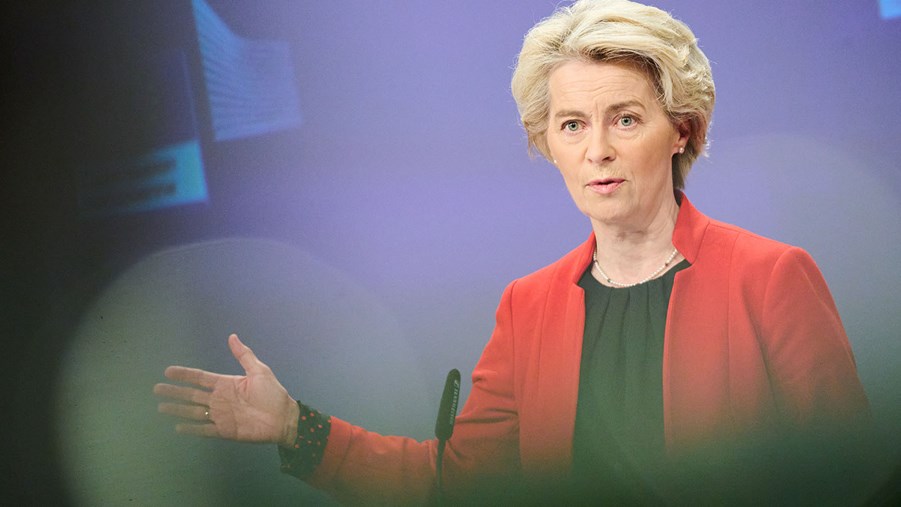
A new European Parliament, a new Commission and a new political programme lie ahead. Ahead of the EU elections, Swedish Forest Industries and The Federation of the Swedish Family Forest Owners (LRF Skogsägarna) hosted to a digital seminar within the framework of the Wood Be Better network, which attracted more than 700 participants. One of the speakers was Göran von Sydow, Director of the Swedish Institute for European Policy Studies.
What are the issues you think will top the agenda for this year’s EU elections?
“We’re currently facing several major issues of our time. We see growing geopolitical tension, which creates challenges for the EU. The EU was originally intended to be a ‘soft power’ that would promote trade and exchange, but now entirely new demands are being made of the Union. Geopolitical issues include the war in Ukraine, and I believe that policy areas such as defence and security will become increasingly important in the years ahead. At the same time, Ukraine, along with several other countries, are taking steps towards EU membership.”
“In addition to global politics, there are a number of large, important policy areas. After all, climate policy has been a key issue during the current term [of the EU Parliament]. Now the Fit for 55 climate package is to be implemented and the question is what the next steps look like. The economy is another important topic. How can Europe’s economic growth be improved? How do we deal with competition from China? And how do we avoid a deep and prolonged recession?” asks von Sydow and continues:
“And then there’s migration policy. The bloc has finally agreed on the Migration Pact, but there are many differing opinions over the issue, and meanwhile the challenges that democracy faces in several member states attract a lot of international attention.”
It sounds as though EU co-operation is currently facing multiple major challenges. What are the most pressing threats in your opinion?
“Expectations are high that the EU will face all these issues with a united front. But the EU is not a state, it’s a collaboration. In the wake of Brexit, there are no direct threats of fresh exits – but cohesion within the EU is always a major challenge. The bloc has managed to stay together on issues related to the war in Ukraine, but how well will an expanded EU be able to make decisions in the future?”
What opportunities does the EU have to meet these threats?
“Many issues cross international borders and individual countries cannot solve them on their own. Co-operation is vital to manage issues such as climate, migration policy, and relations with Russia and China. If we fail to act together, there will be no order at all, and EU collaboration is deepening all the time.”
In the previous EU elections, 55 per cent of Swedes voted, compared to almost 85 per cent for Swedish parliamentary elections. How can more people be encouraged to vote in EU elections?
“I think it’s important to try to get voters to understand what is at stake. The European Parliament exercises a lot of power, so who sits in the Parliament is vital in determining the future trajectory of the EU.”



